Overview
The Cancer Origins group is dedicated to understanding how cancer begins, specifically, how oncogenic cells overcome normal tissue restraints, gain malignant potential, and initiate tumour formation.
We are interested in how environmental exposures, such as air pollutants, shape the tissue microenvironment to support the expansion of latent oncogenic cells and promote lung cancer.
Lung cancer remains the leading cause of cancer-related death in both men and women, responsible for over 1.8 million deaths globally each year. While smoking has long been recognized as a primary risk factor, a growing body of evidence highlights air pollution as an increasingly significant driver of lung cancer. As smoking rates decline and global pollution levels rise, the number of lung cancer deaths linked to air pollution has increased, rising by nearly 30% since 2007.
To address these questions, we utilise genetically engineered mouse models, multiple real-world and source-specific environmental exposures, single-cell approaches, advanced imaging techniques, and 3D in vitro culture systems. By working with exceptional collaborators, we aim to translate these findings into new strategies for preventing and treating human disease, ultimately improving patient outcomes.
Featured Publications
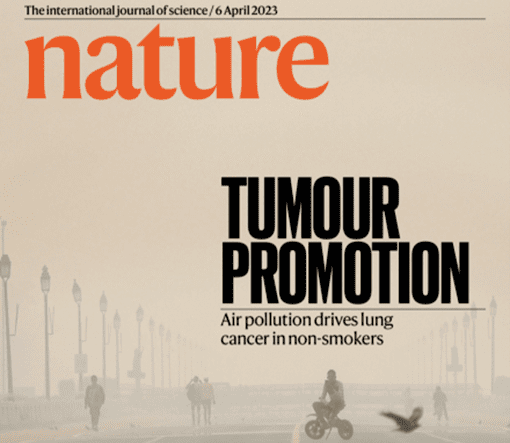
Lung adenocarcinoma promotion by air pollutants
5th April 2023
The authors propose that environmental particulate matter measuring ≤2.5 μm (PM2.5), known to be associated with lung cancer risk, promotes lung cancer by acting on cells that harbour pre-existing oncogenic mutations in healthy lung tissue.
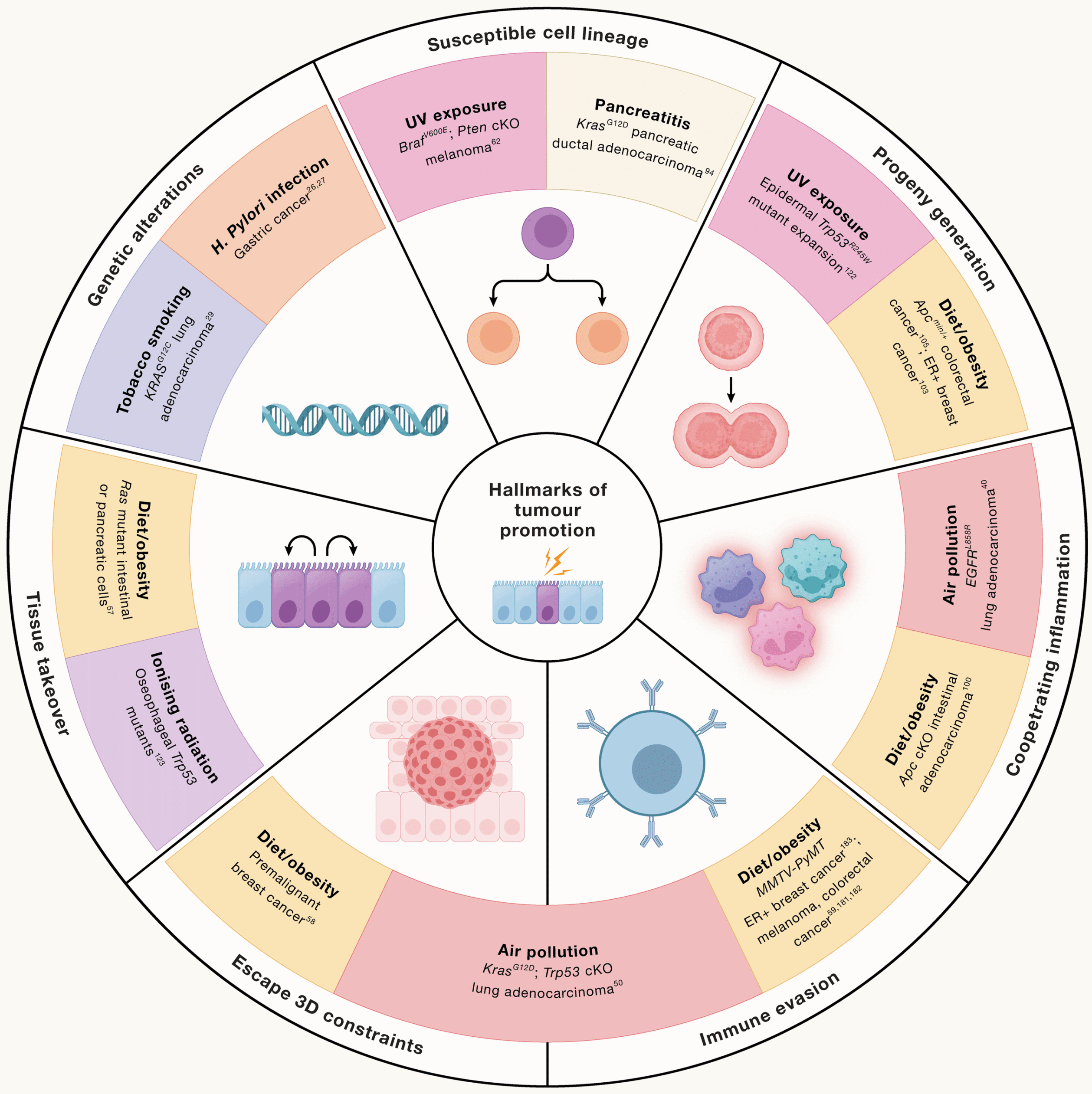
Impact of risk factors on early cancer evolution
13th April 2023
This review discusses how early initiated cells are protected from further tumorigenesis and the non-mutagenic pathways by which cancer risk factors promote tumour growth, and considers existing strategies for early cancer interception with perspectives on the next steps for molecular cancer prevention.
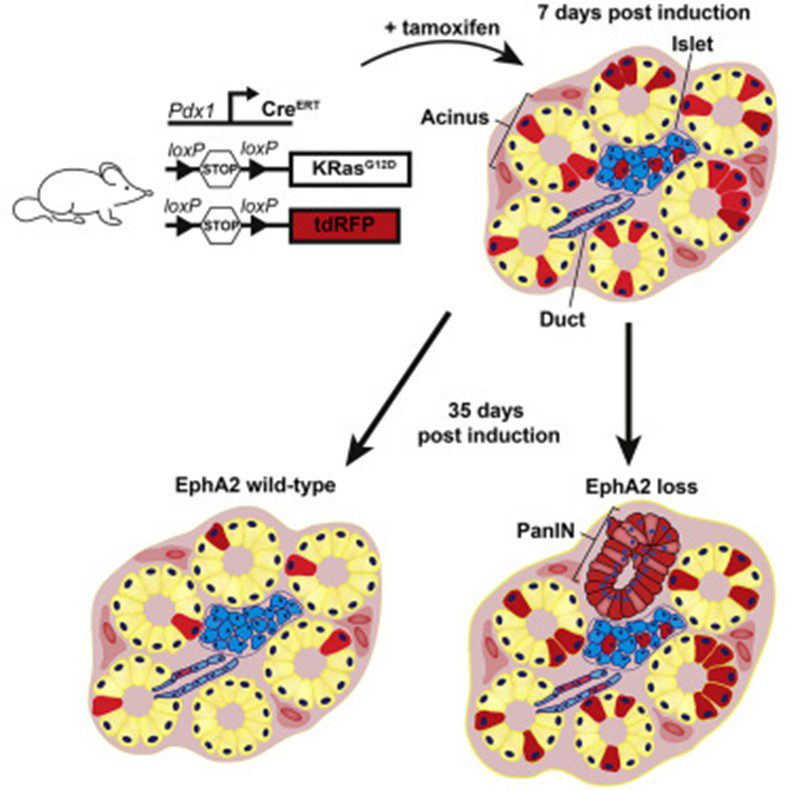
EPHA2-dependent outcompetition of KRASG12D mutant cells by wild-type neighbors in the adult pancreas
21st June 2021
This study provides evidence to support a conserved functional role of EphA2 in Ras-driven cell competition in epithelial tissues and suggests that EphA2 is a novel tumour suppressor in pancreatic cancer.
Group Goals
Our goal is to uncover the cellular and molecular pathways required for cancer promotion by carcinogens. By understanding these mechanisms, we aim to inform new strategies for cancer prevention, improve early detection efforts, and support evidence-based public health policies.
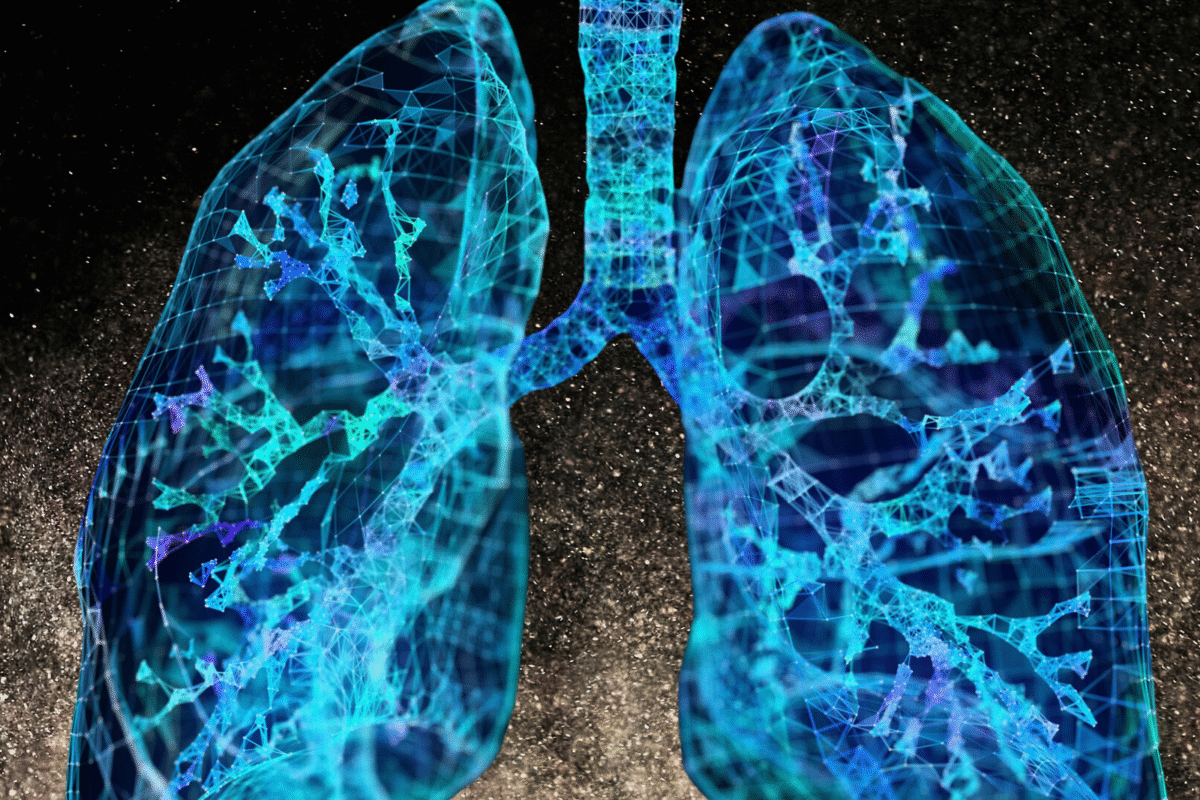
Contact Dr William Hill and the Cancer Origins Group
Our vision for world leading cancer research in the heart of Manchester
We are a leading cancer research institute within The University of Manchester, spanning the whole spectrum of cancer research – from investigating the molecular and cellular basis of cancer, to translational research and the development of therapeutics.
Our collaborations
Bringing together internationally renowned scientists and clinicians
Scientific Advisory Board
Supported by an international Scientific Advisory Board
Careers that have a lasting impact on cancer research and patient care
We are always on the lookout for talented and motivated people to join us. Whether your background is in biological or chemical sciences, mathematics or finance, computer science or logistics, use the links below to see roles across the Institute in our core facilities, operations teams, research groups, and studentships within our exceptional graduate programme.





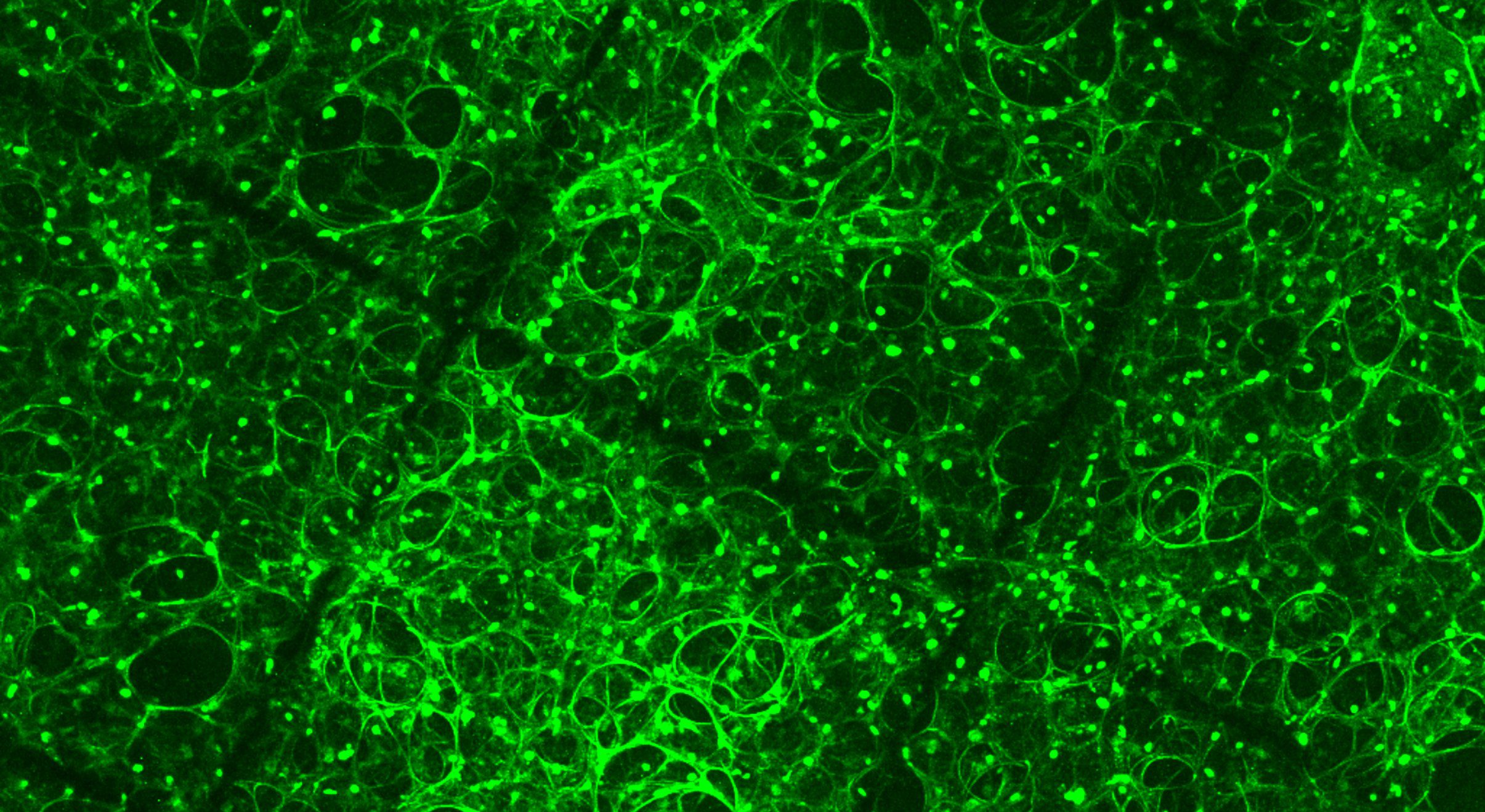
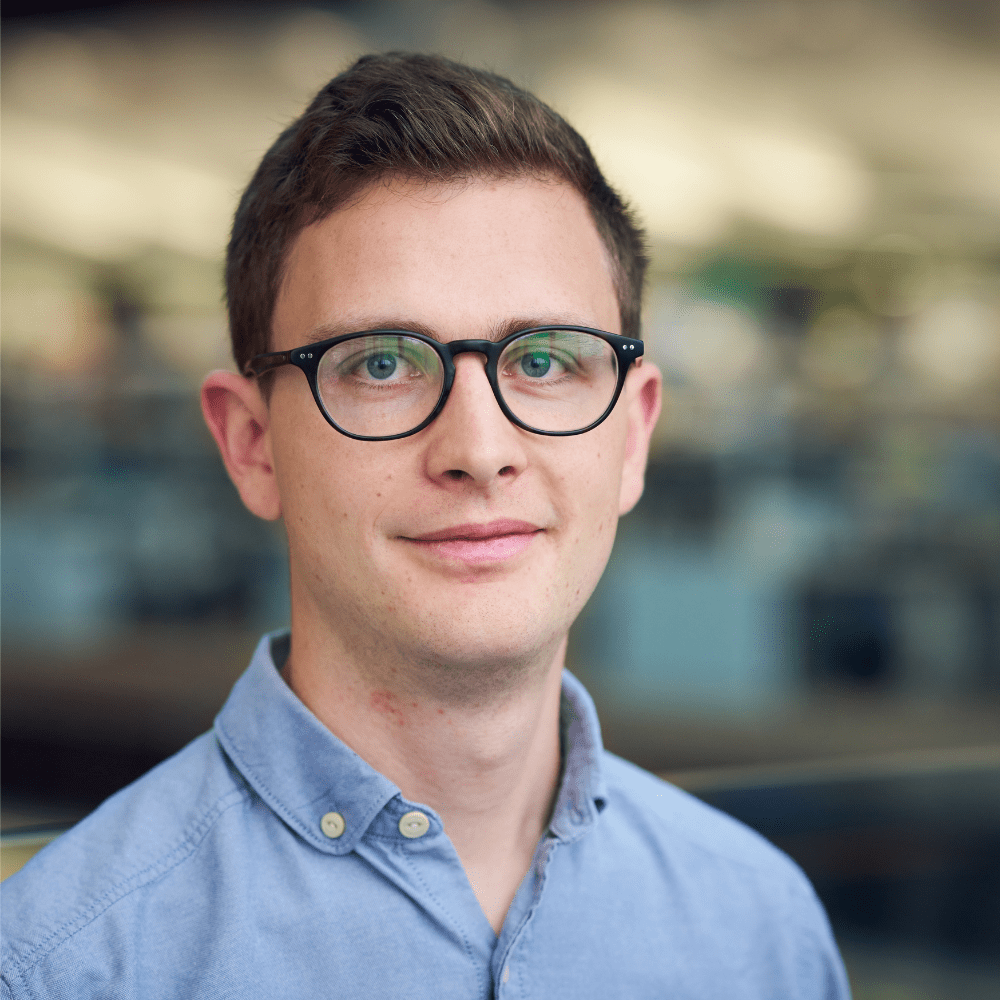
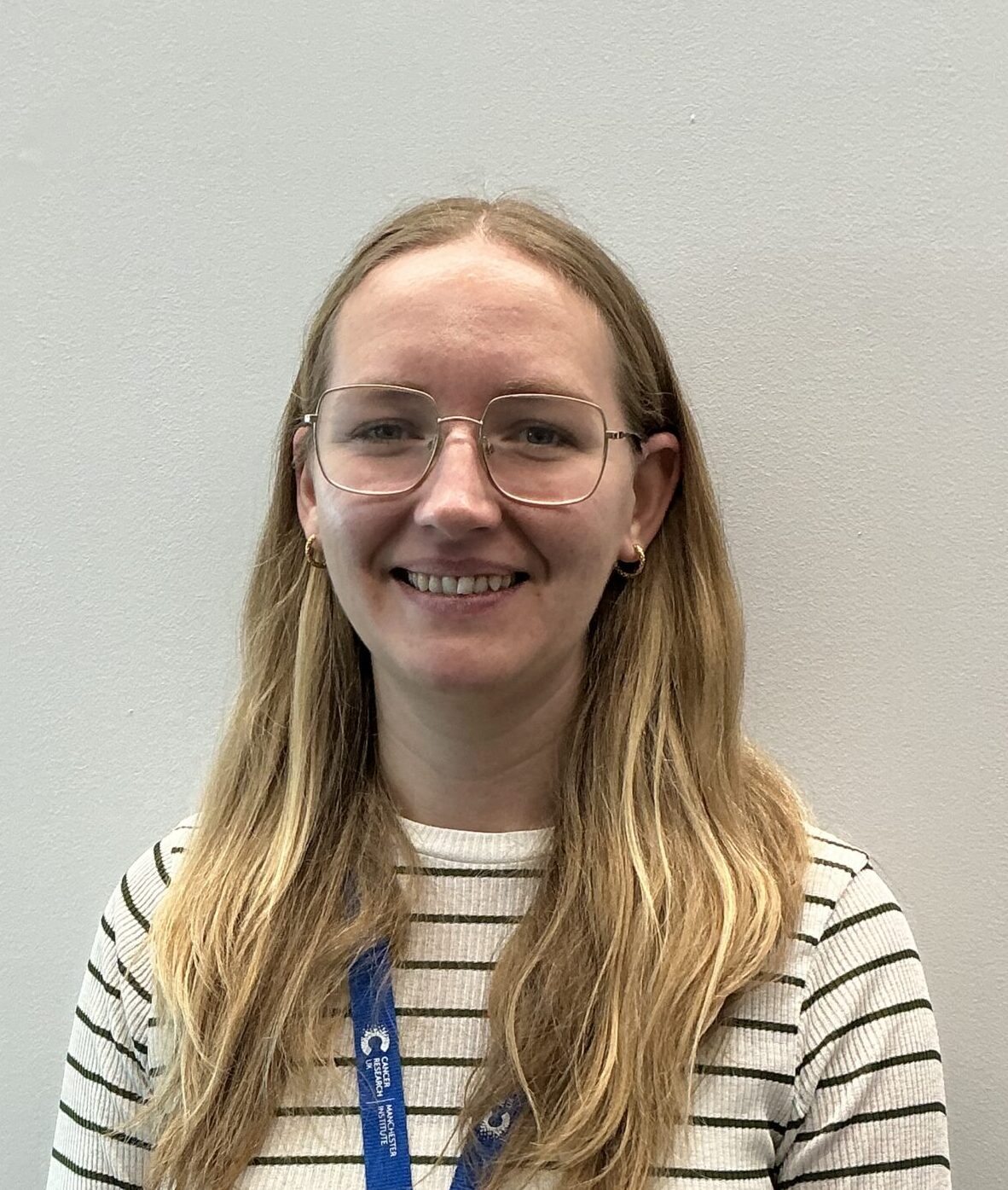
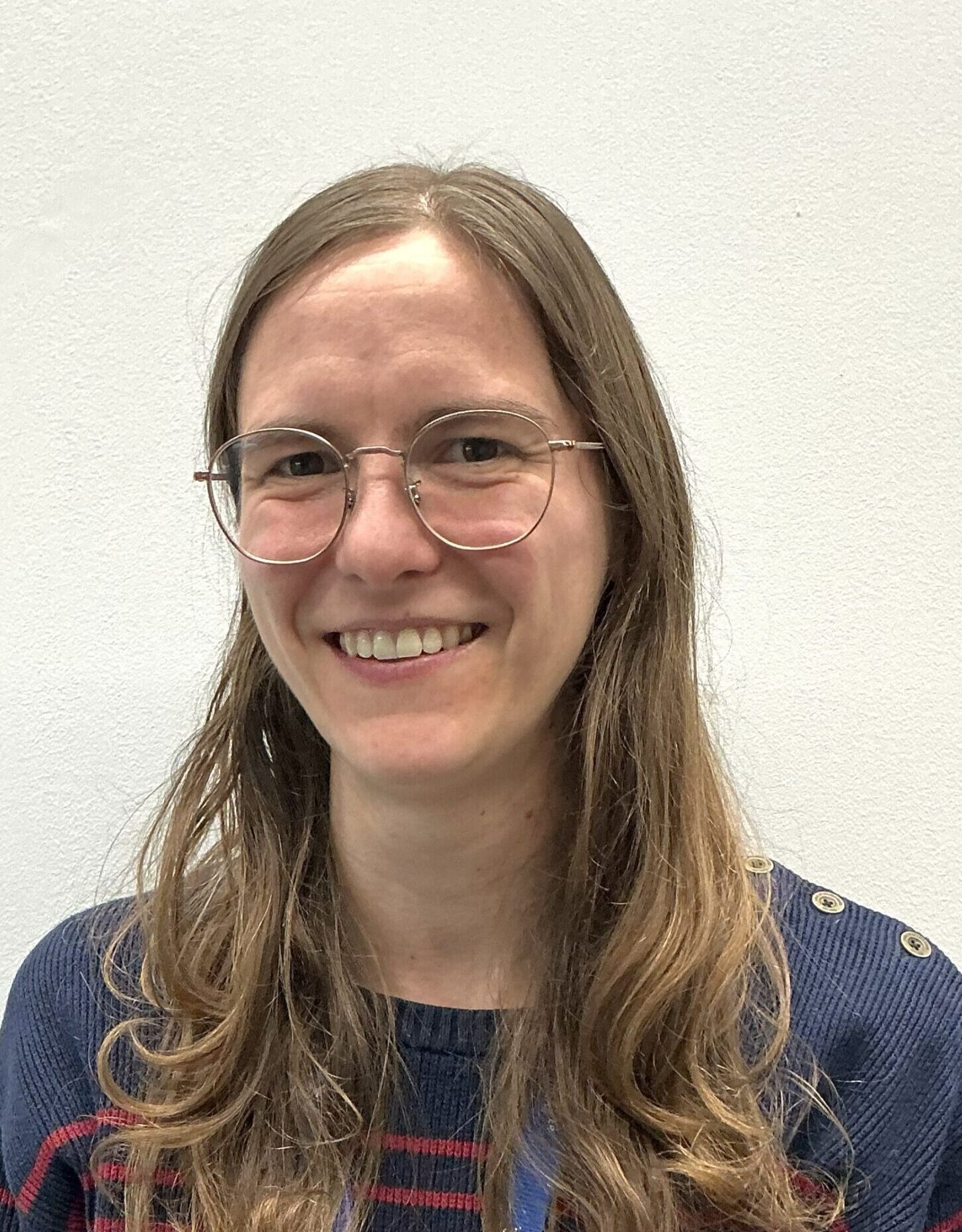
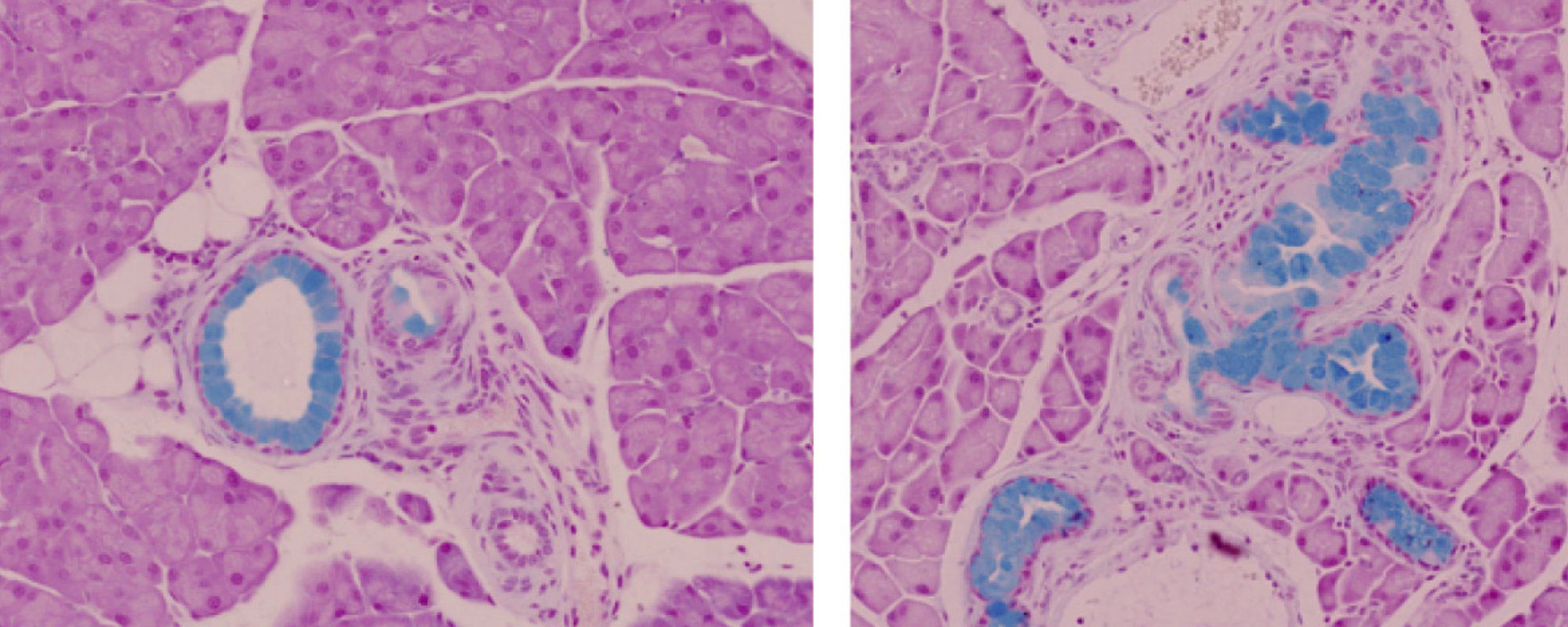
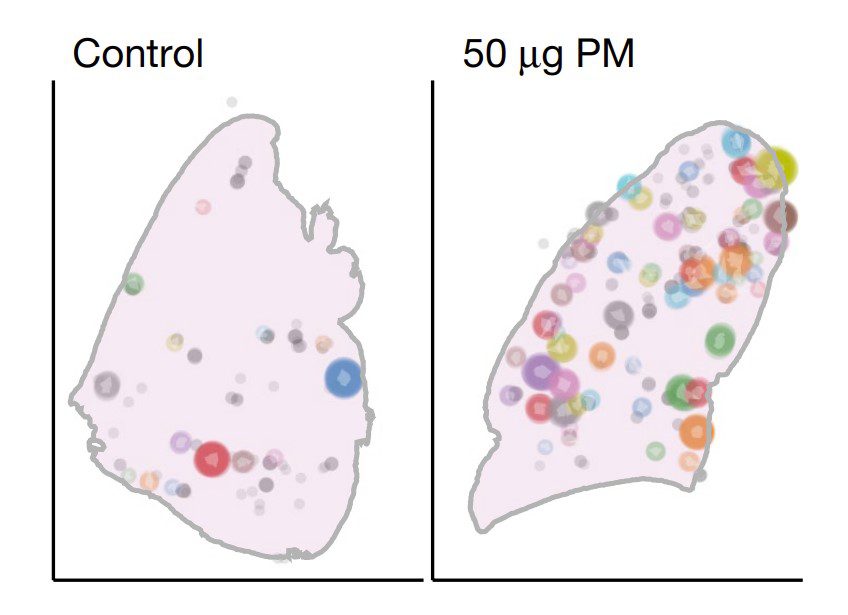

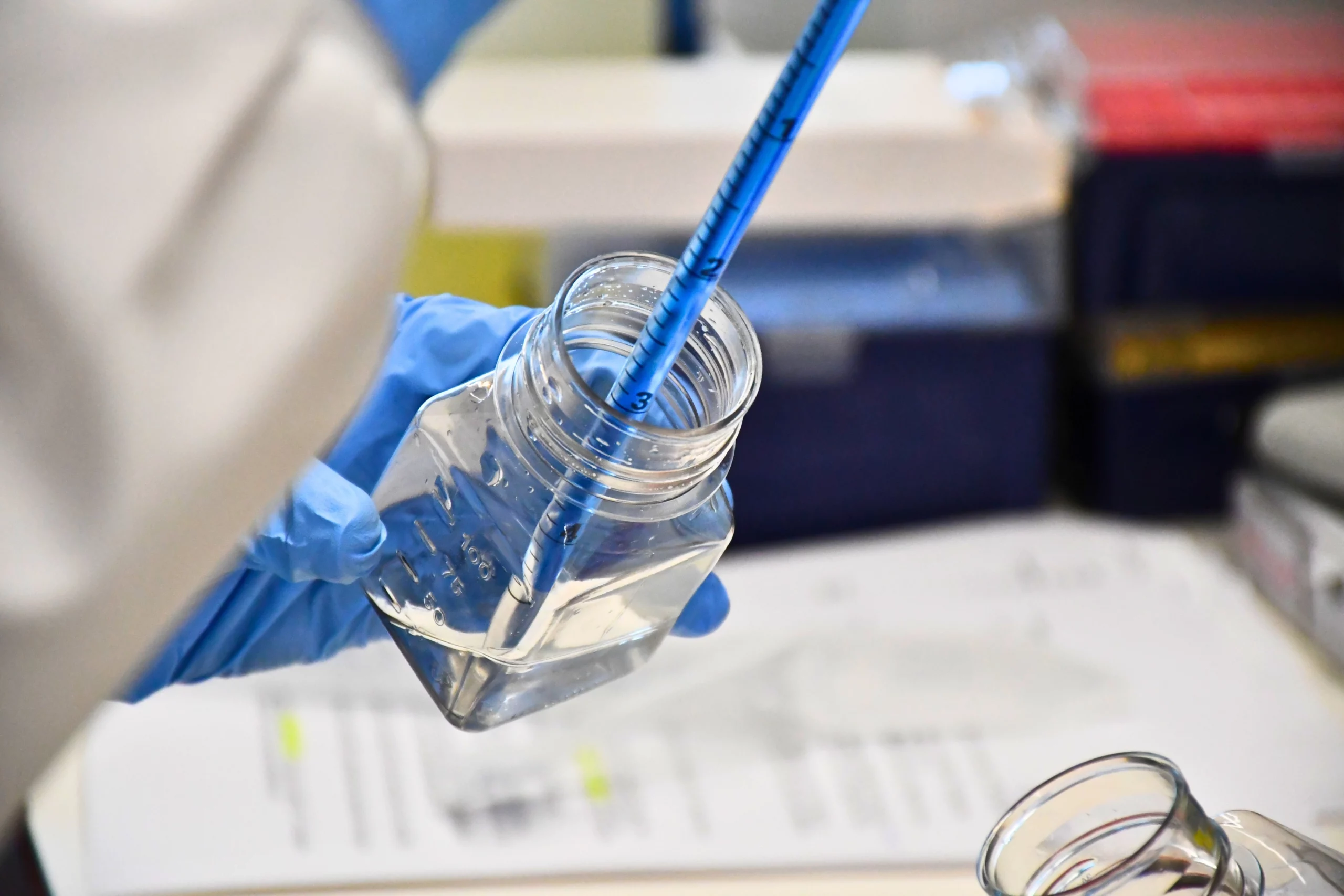

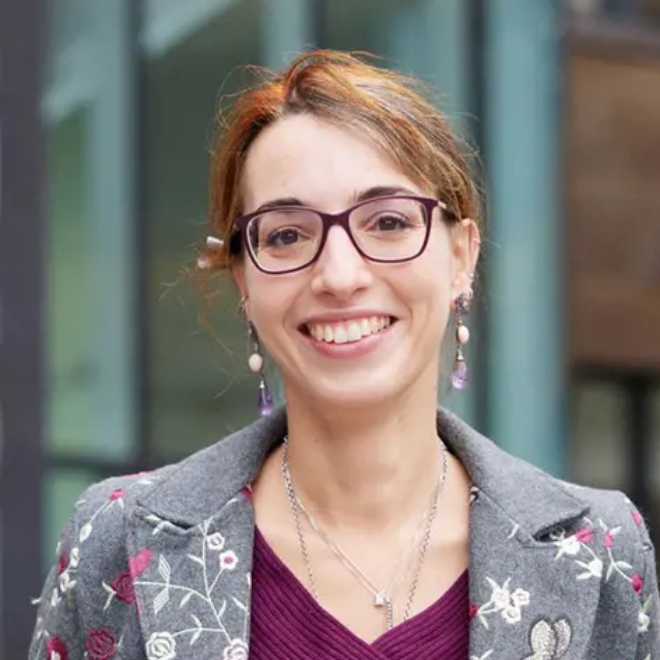
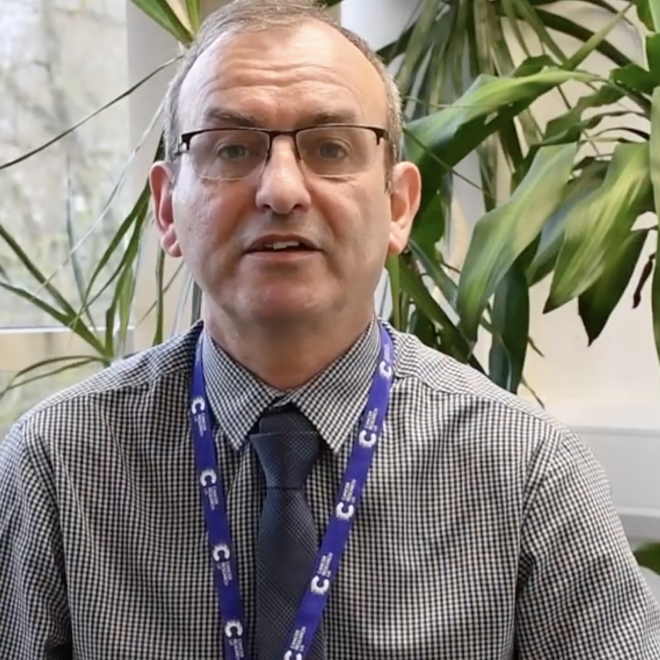
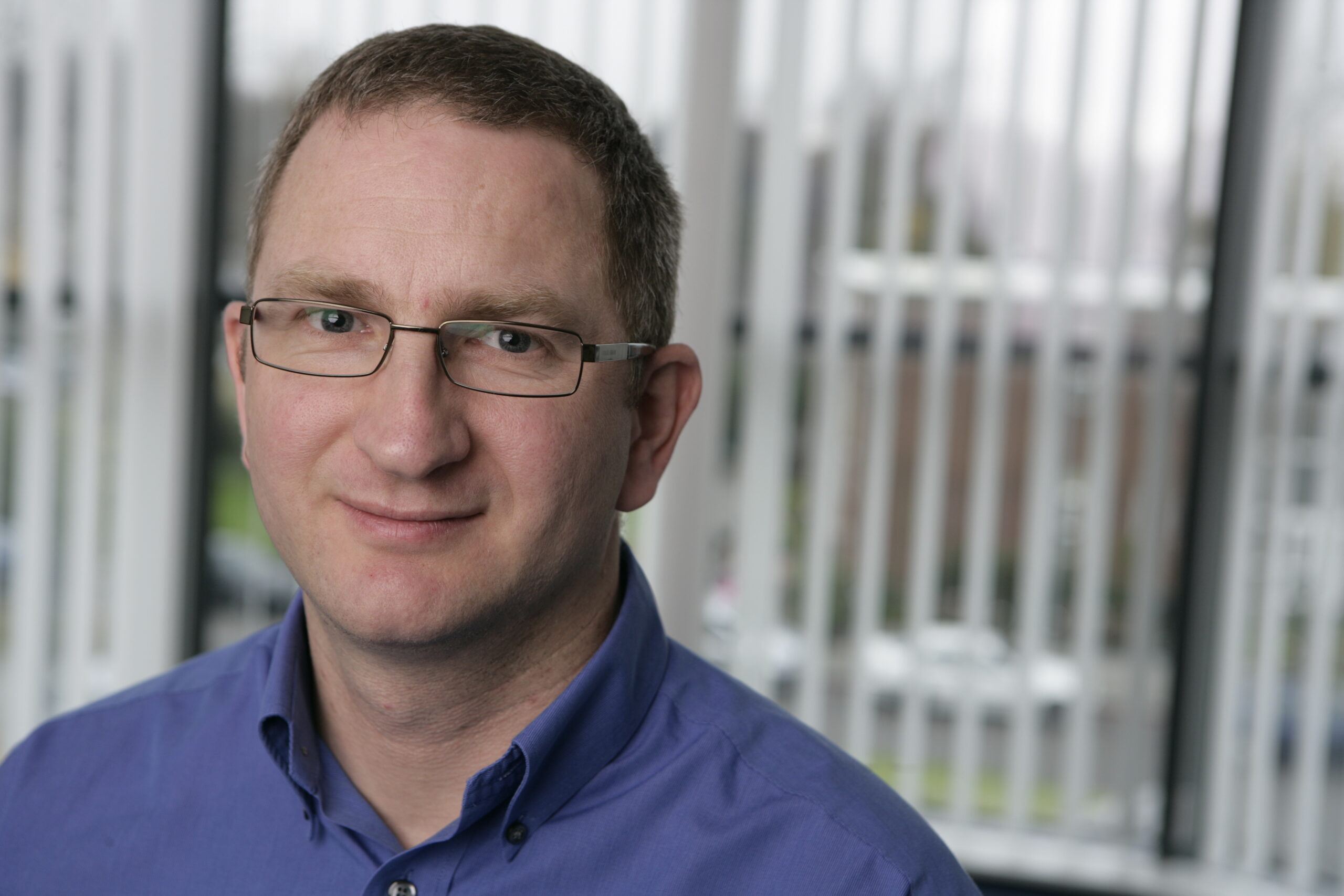
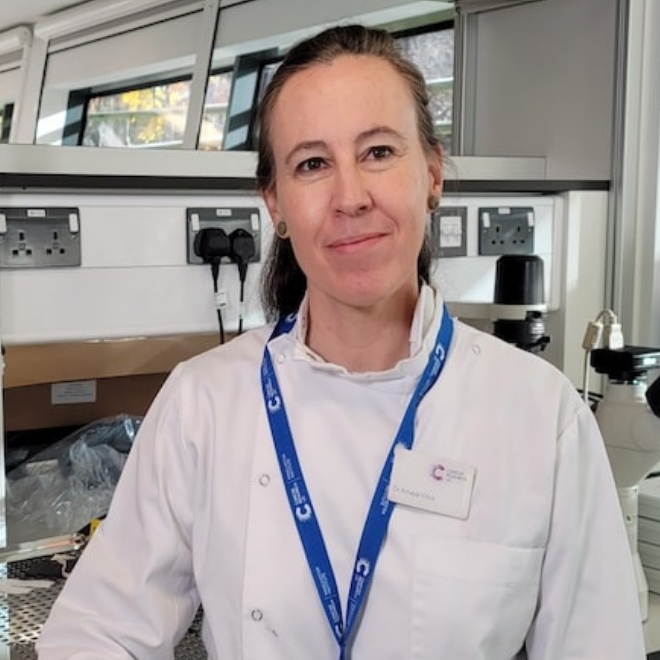
A note from the Group Leader – William Hill
I’m excited to integrate across from the incredible local scientific community, the medical oncologists from The Christie NHS Foundation Trust and Wythenshawe hospital all the way through to the experts in atmospheric science in the Department of Earth and Environmental Sciences.